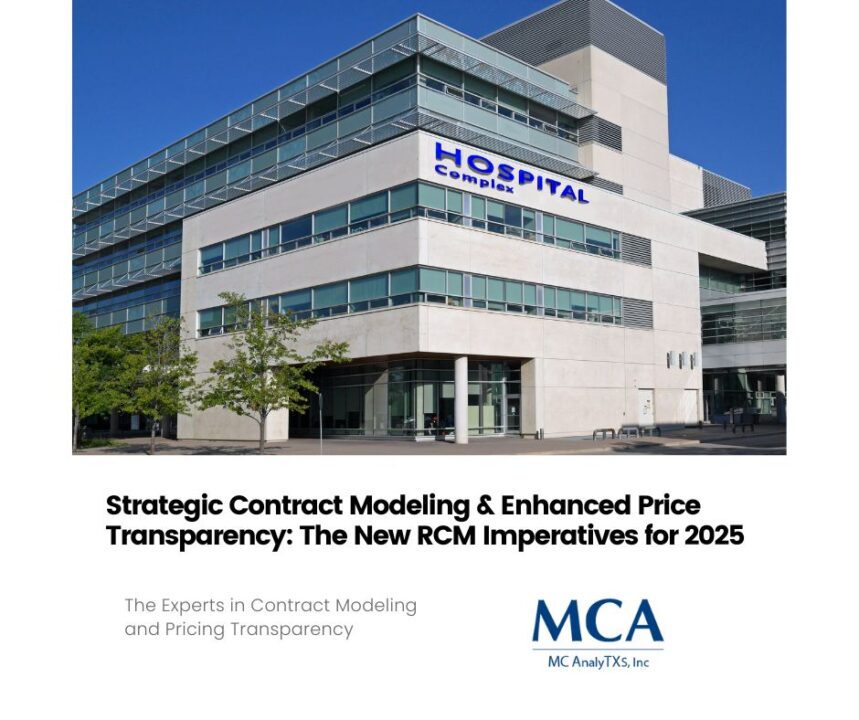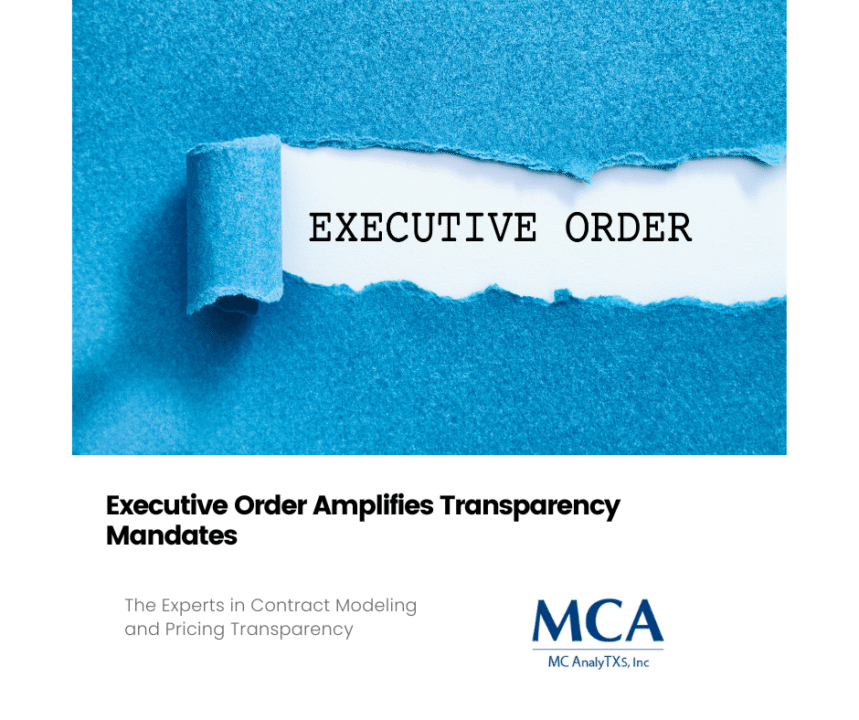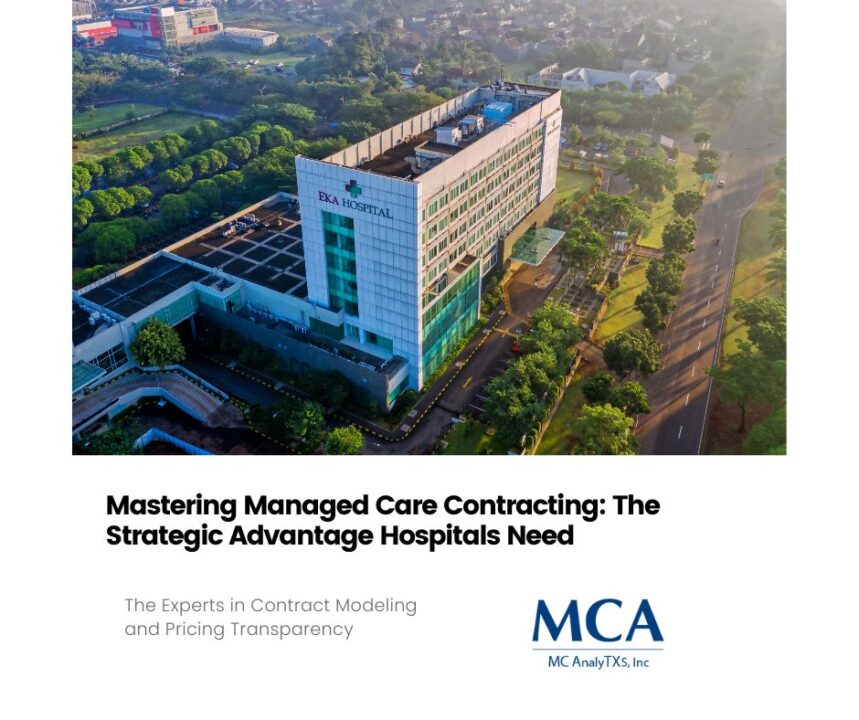

8 Revenue Cycle Management Trends to Watch in 2025
Revenue Cycle Management (RCM) is at the core of healthcare financial operations. It’s the intricate process of managing claims, payments, and revenue generation in healthcare organizations. From securing payment for services to maximizing operational efficiency, RCM is the foundation of every healthcare organization’s financial health.
However, as healthcare continues to evolve rapidly, RCM faces unprecedented challenges and opportunities. Factors such as regulatory reform, increasing patient responsibility, and disruptive technology are reshaping the RCM landscape. For Managed Care Directors and Revenue Cycle Managers, staying ahead of these changes is critical to maintaining operational efficiency and ensuring financial stability.
This article will explore the top 8 RCM trends poised to shape 2025, providing insights and strategies to help healthcare leaders adapt and thrive in a constantly evolving environment.
The Current RCM Landscape and Drivers of Change
Healthcare is in a state of flux. Regulatory shifts, technological advancements, and consumer expectations are driving transformation across every facet of the industry—including RCM. Here are some key factors shaping the current RCM landscape:
- Regulatory Pressures: Changes in policies at both the federal and state levels continue to impact reimbursement practices, requiring healthcare leaders to stay agile and informed.
- Rising Patient Financial Responsibility: With the prevalence of high-deductible health plans, the financial burden on patients has increased, leading to a greater need for robust patient payment strategies.
- Shift Toward Value-Based Care: Revenue models are moving from volume-based to value-based reimbursement structures, requiring a reassessment of financial strategies.
These factors, among others, set the stage for significant trends that will transform RCM in 2025 and beyond.
8 Revenue Cycle Management Trends to Watch in 2025
1. Focus on Patient-Friendly Billing
The patient experience is increasingly influencing healthcare revenue strategies. Transparent, simple, and digital billing options will dominate in 2025, helping reduce confusion and improve payment collection directly from patients.
Pro Tip: Ensure your organization provides mobile-friendly billing portals and clear explanations of charges to enhance patient satisfaction.
2. Expansion of Value-Based Care Models
Value-based reimbursement models are reshaping healthcare payment systems. Bundled payments and shared savings arrangements will become increasingly mainstream, forcing revenue cycle managers to have robust data and analytics to measure performance outcomes.
Action Item: Invest in tools to track and report on key quality metrics for successful participation in value-based programs.
3. Real-Time Eligibility Verification
The move toward real-time eligibility checks will accelerate by 2025, reducing claim denials at the front end. Providers will need systems capable of instantly verifying patient coverage to streamline revenue cycles.
Pro Tip: Integrate real-time eligibility verification tools to ensure coverage information is accurate before rendering services.
4. Expansion of RCM Outsourcing
With rising complexities, more healthcare organizations are opting to outsource parts of their RCM processes to specialized vendors. Outsourcing can lead to increased efficiency and reduced operational burdens.
Trend to Monitor: Watch for hybrid outsourcing models that blend internal management with third-party support.
5. Improved Denials Management Strategies
Claim denials are a major pain point in RCM. Organizations are investing in advanced denial resolution software and strategies to avoid losses and accelerate reimbursement.
Action Plan: Develop a proactive denials prevention program by analyzing root causes and training revenue cycle staff on claims best practices.
6. Greater Regulatory Compliance Requirements
Regulatory compliance continues to tighten, with new laws and mandates aimed at greater financial transparency. Managed Care Directors must stay vigilant to ensure all RCM practices comply with evolving rules.
Pro Tip: Engage compliance experts or consultants to stay ahead of regulatory changes and avoid costly penalties.
7. Integration of Telehealth into RCM
Telehealth surged during the pandemic, and its adoption is here to stay. However, managing payments and documenting telehealth services present unique challenges that require RCM adaptation.
What to Watch: Reimbursement standards for telehealth services will likely evolve further in 2025, so prioritize processes that account for these changes.
8. Data-Driven Insights for Decision Making
Leveraging business intelligence tools to analyze RCM metrics will become even more critical. These insights will drive smarter decision-making regarding staffing, payer contracts, and patient collections.
Action Plan: Invest in advanced analytics platforms to track revenue KPIs like days in accounts receivable, clean claim rate, and adjusted collection rate.
Preparing for the Future of RCM
Understanding and preparing for these RCM trends is only half the battle—success lies in deliberate action. Here are some practical steps Managed Care Directors and Revenue Cycle Managers can take now:
- Enhance Staff Training: Ensure your RCM teams stay informed about the latest industry trends and best practices with regular training and professional development programs.
- Monitor Regulatory Changes: Keep a close eye on evolving compliance requirements and allocate resources to ensure adherence.
- Strengthen Payer Relationships: Collaborate closely with payers to negotiate favorable terms and address reimbursement challenges proactively.
- Focus on Patients: Create a patient-first approach to billing and collections by investing in communication tools that make the payment process seamless and clear.
Staying Ahead of Revenue Cycle Changes in 2025
Revenue Cycle Management is no longer just about chasing payments—it’s about strategic planning, leveraging technology, and delivering value both financially and operationally. By staying ahead of the curve and adapting to these RCM trends, healthcare organizations can unlock new levels of efficiency and financial performance.
The healthcare industry will only grow more complex, and Managed Care Directors and Revenue Cycle Managers must prioritize continuous improvement to remain competitive. Start now by evaluating your current RCM processes, identifying areas of opportunity, and taking action to prepare for the challenges of tomorrow.
If you’re looking to streamline your revenue cycle operations, now is the time to act. Stay informed, adapt proactively, and ensure your organization thrives in the rapidly shifting landscape of healthcare financial management.





